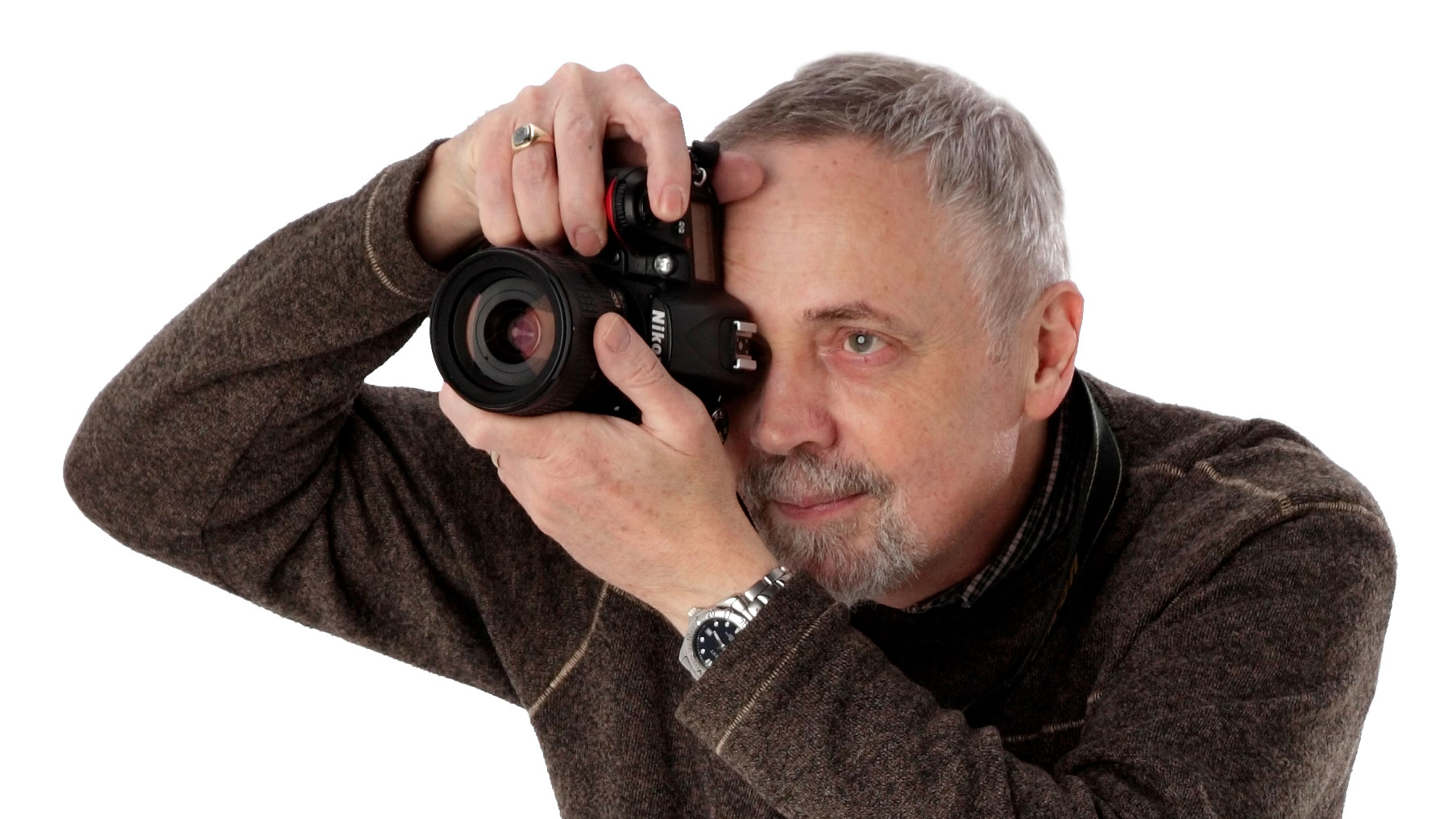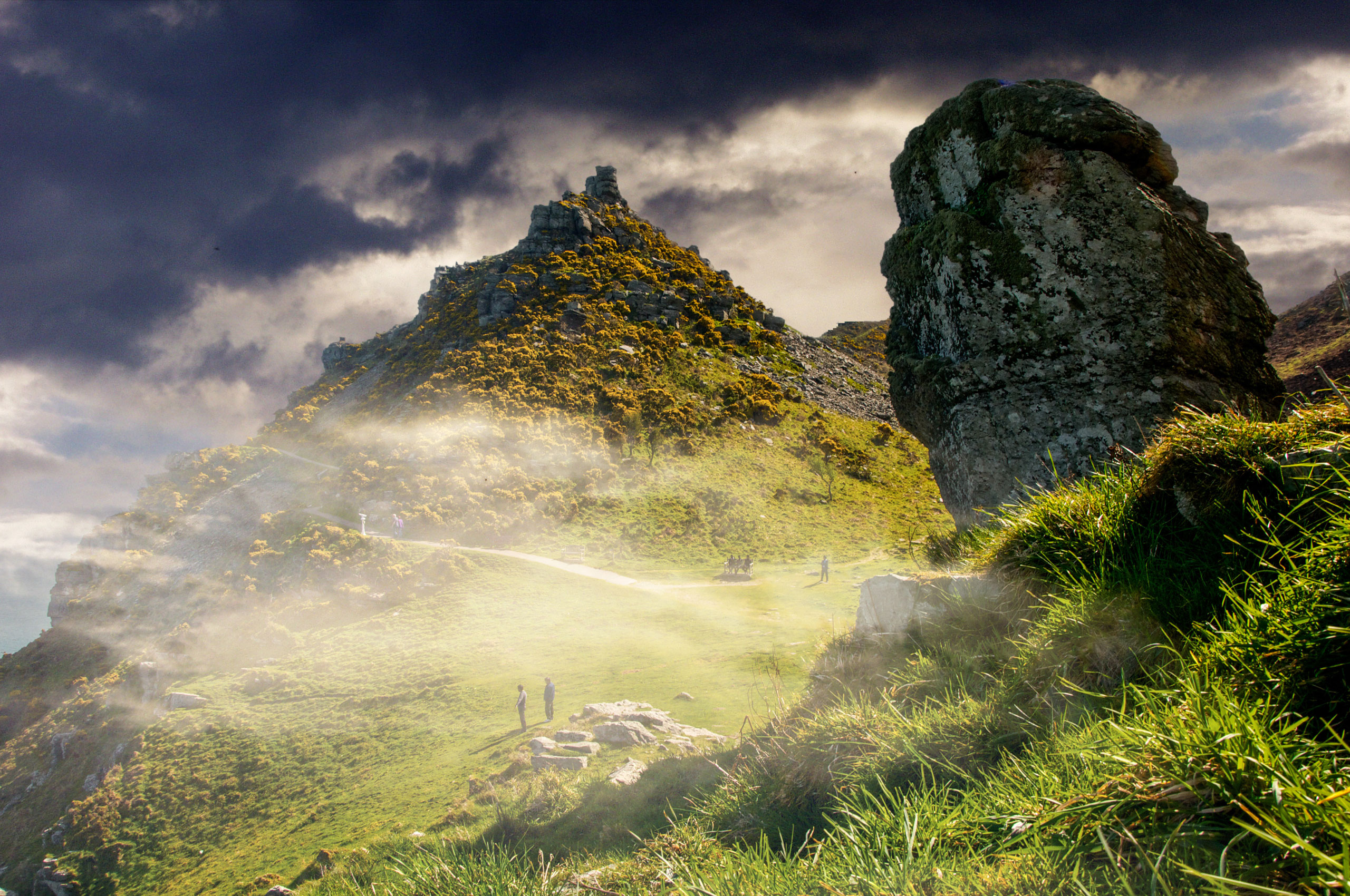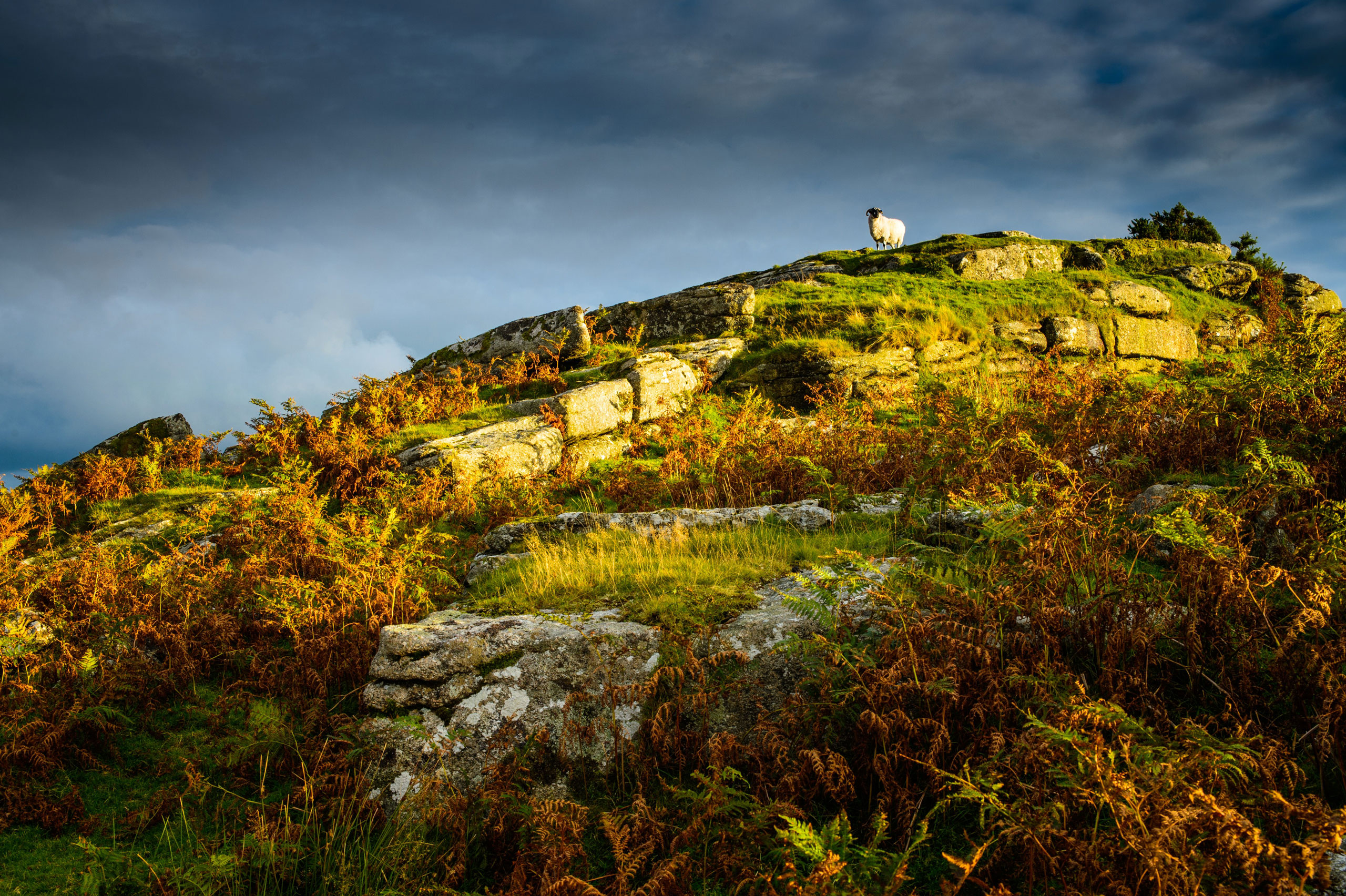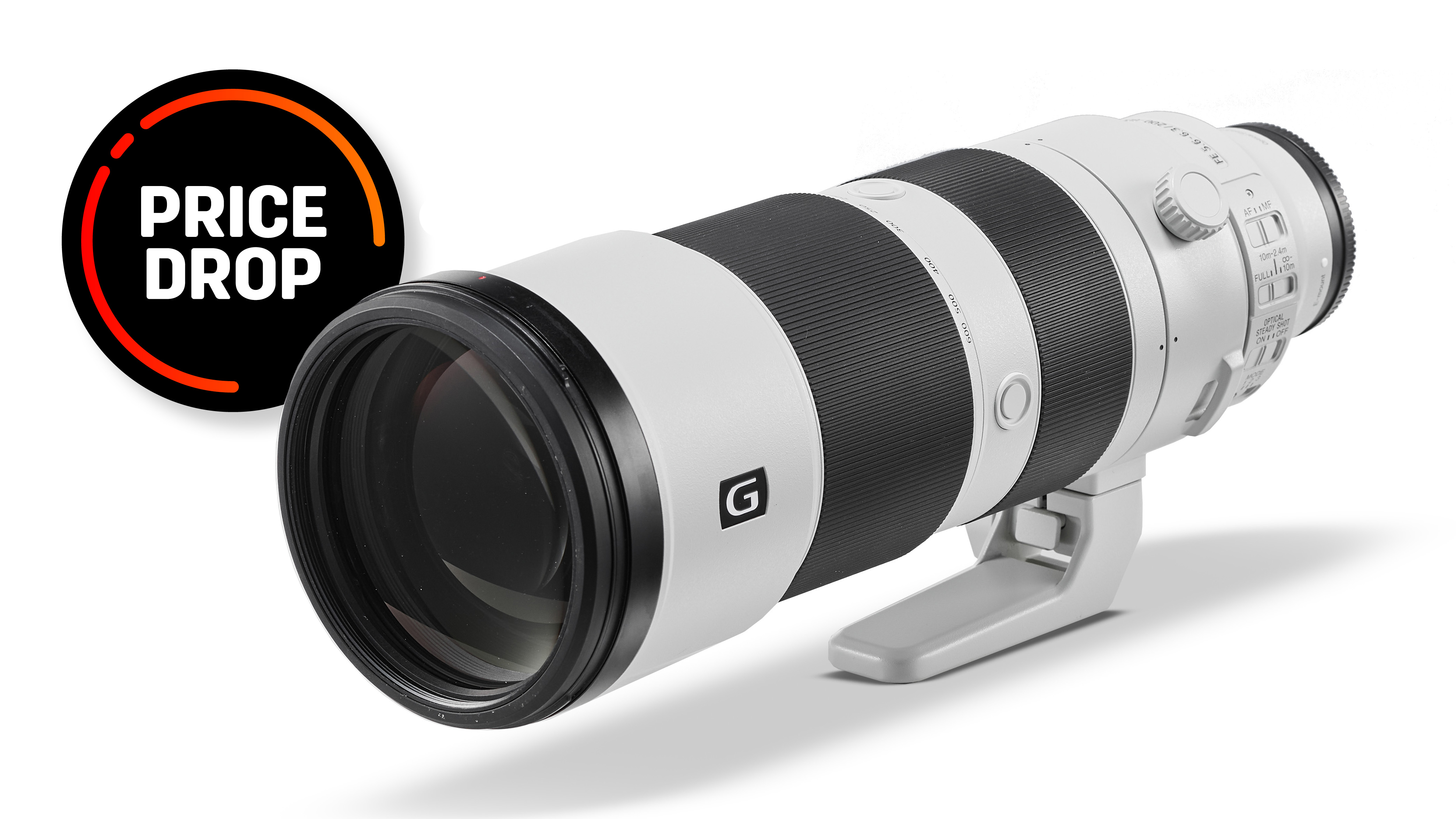I'm not sure we should share our photography secrets, and I'll explain why
Do you have a special and unique ‘look’ that you’ve perfected? Then what you SHOULDN’T do is tell people how you did it…

The best camera deals, reviews, product advice, and unmissable photography news, direct to your inbox!
You are now subscribed
Your newsletter sign-up was successful
I sometimes think there are more photographers on YouTube than there are people to watch them. They’ve all got free advice (well, maybe sponsored, or with ads, or with links to their paid-for preset packs) about how to achieve amazing effects with your camera. This is all great, right? A bottomless resource of expert advice, often extremely good, and given freely. How can I possibly object to this? How can I possibly suggest they shouldn’t tell people their secrets? How mean am I?
But let me ask you a question. Do you think photography is best driven by uniqueness or conformity?
It's a fact that even if you have the best professional camera and the best photo editing software, it's still possible to run out of ideas and inspiration, and where else to look but instagram or YouTube? This is where the algorithms will drive you towards the most popular channels and memes.
Imagine you develop a new technique or approach of your own. You share your process with the world. Soon everyone is copying it. What was once unique is now everywhere. Probably nowhere near as good as when you do it, because process alone can’t replace the original creator’s unique visual skills, but there it is.
What I’m suggesting is, if you do come up with a striking photographic treatment, don’t tell people how you did it. Let them make up their own special processes! What photography needs is not everyone copying everyone else, but people coming up with their own ideas.
It’s actually quite stimulating to try to ‘reverse engineer’ an effect you admire but you don’t know how it was done, because quite often you discover something new and not really related which is exciting in itself. It encourages people to experiment and learn things for themselves.
And I do think there needs to be an element of ‘magic’ in photography. We shouldn’t always be shown how things are done. It’s a natural human instinct to try to help people by telling them how you achieved a certain effect, but what I’m saying is, don’t do it. Let them guess! Or, if you must, give them some clues to figure it out for themselves.
The best camera deals, reviews, product advice, and unmissable photography news, direct to your inbox!
If you see a photograph or an effect you like, don't ask for step-by-step instructions on how it was done. See if you can work it out for yourself. Is it the lighting, the composition, the editing? All the clues will be in the image.
It seems to me that learning has become a terribly passive process. We’re spoon-fed information and we expect it that way. Active learning is different. It’s where you go out and try stuff and see what happens. We need more of that.

Rod is an independent photography journalist and editor, and a long-standing Digital Camera World contributor, having previously worked as Group Reviews Editor, Head of Testing for the photography division, Technique Editor on N-Photo, and Camera Channel editor on TechRadar, as well as contributing to many other publications.
He has been writing about digital cameras since they first appeared, and before that began his career writing about film photography. He has used and reviewed practically every interchangeable lens camera launched in the past 20 years, from entry-level DSLRs to medium format cameras.
Rod has his own camera gear blog at fotovolo.com but also writes about photo-editing applications and techniques at lifeafterphotoshop.com.
You must confirm your public display name before commenting
Please logout and then login again, you will then be prompted to enter your display name.



